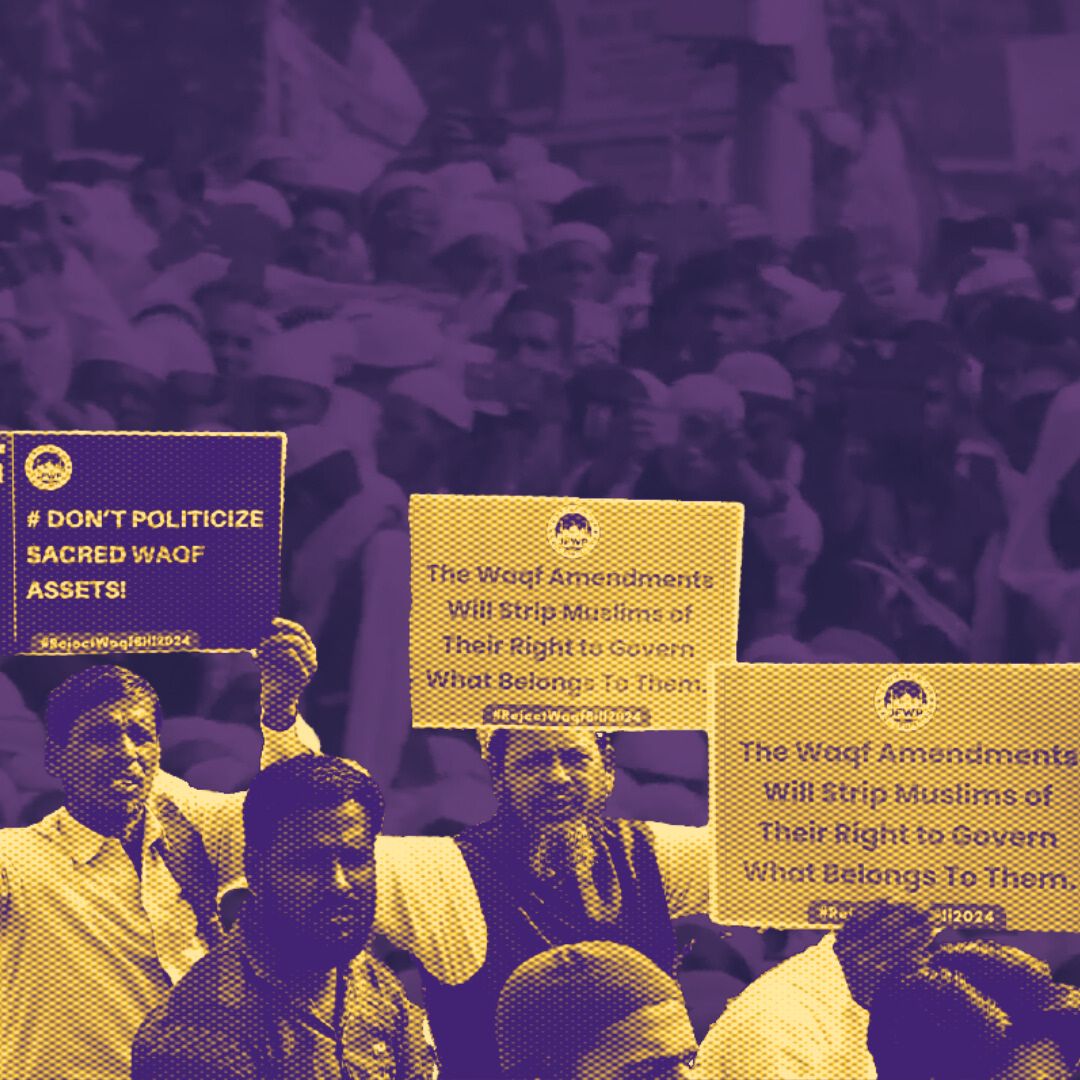The Waqf (Amendment) Bill has faced significant backlash from Muslim groups and political parties, who argue that it undermines the autonomy of Waqf boards and infringes on constitutional rights. The bill, which aims to increase government control over waqf properties, has prompted nationwide protests and calls for further consultation. Key stakeholders express concerns about potential losses of property rights and representation.
Introduction to the Waqf (Amendment) Bill
The Waqf (Amendment) Bill, introduced in Parliament on July 28, 2024, proposes sweeping changes to the Waqf Act of 1995, which governs Islamic charitable endowments. Among its 44 amendments, the bill seeks to enhance government oversight of waqf properties, redefine how properties are classified as waqf, and allow non-Muslims to serve on Waqf boards. These proposed changes have sparked outrage among Muslim leaders and organisations, who view them as an infringement on their rights and autonomy.
Opposition’s Concerns and Protests
Muslim leaders have voiced strong objections to the bill, arguing that it threatens the integrity of waqf institutions. The All India Muslim Personal Law Board (AIMPLB) has declared that it will resist the bill “at any cost,” claiming it is a direct attempt by the government to seize waqf land from Muslims. Maulana Khalid Saifullah, AIMPLB president, emphasized the stakes involved, stating that the bill represents a matter of “life and death” for the community. Protests have erupted across various states, with opposition parties also joining in to demand more consultation before any changes are enacted.
Calls for Extended Review
In light of growing opposition, members of the Joint Parliamentary Committee (JPC) reviewing the bill have sought an extension of their tenure to allow for further stakeholder input. Opposition MPs argue that only 25 meetings have been held thus far, limiting opportunities for meaningful dialogue. Biju Janata Dal (BJD) leaders have also expressed their discontent with the lack of consultation with Muslims—who they believe are the primary stakeholders in this matter. The JPC’s chairman has indicated that an extension may be granted to ensure all voices are heard.
Government’s Justification for Reform
The government defends the Waqf (Amendment) Bill as a necessary step towards modernising the management of waqf properties and ensuring accountability. Officials argue that increased oversight is crucial for eliminating corruption within waqf institutions. However, critics contend that these changes could lead to disputes over property rights and undermine community governance structures. The proposed inclusion of non-Muslims on management boards has raised further concerns about potential biases against Muslim interests.












